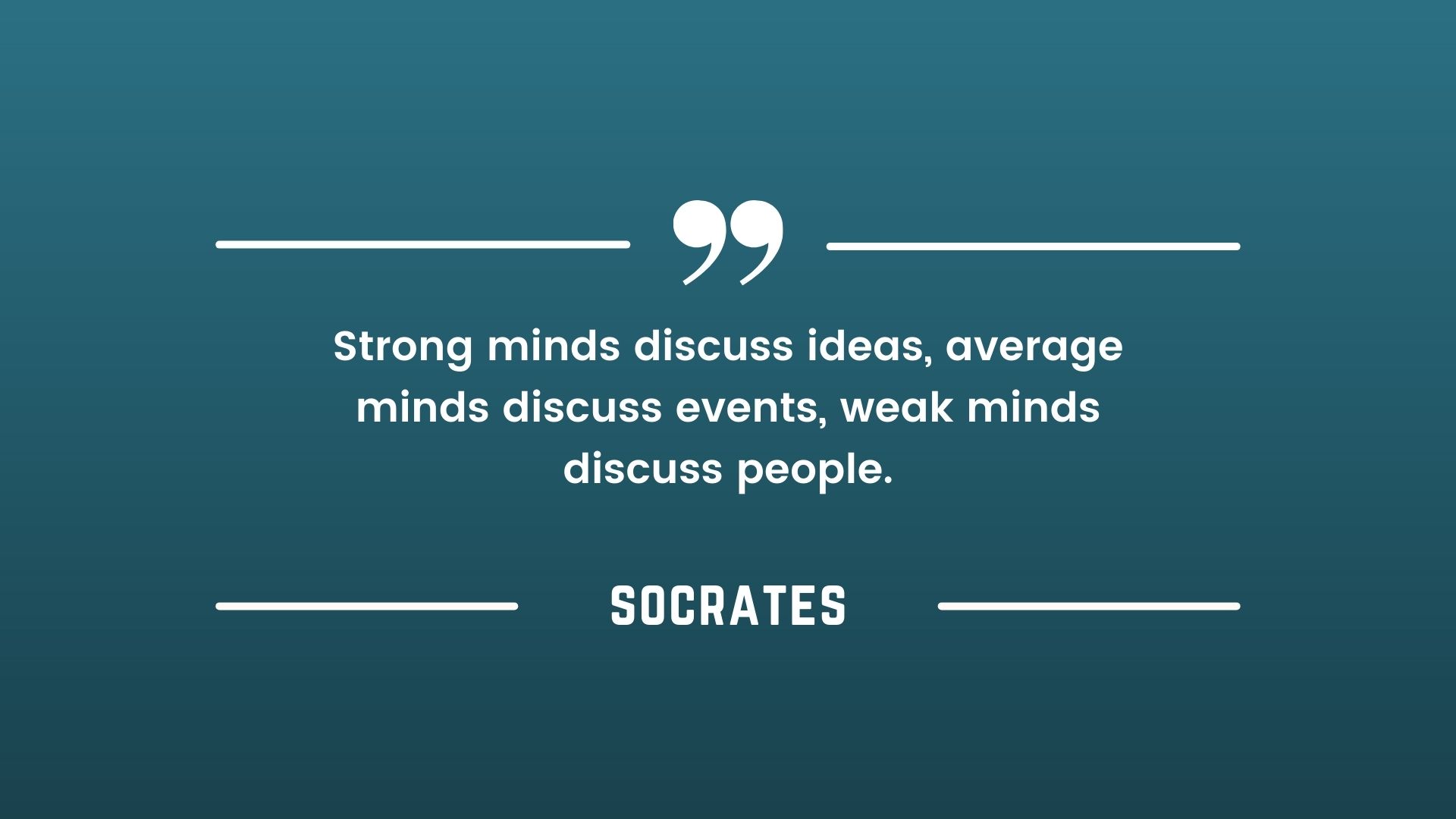Early childhood education plays a crucial role in shaping a child’s development and future learning. Whether you’re a parent or an educator, providing the right support during these formative years can set the stage for lifelong success. In this article, we’ll explore valuable resources, early learning techniques, and developmental milestones that help young children thrive, along with fun learning activities to keep them engaged.
1. Importance of Early Childhood Education
The early years of a child’s life are critical for cognitive, social, and emotional development. Early childhood education provides a foundation for learning that influences a child’s ability to succeed in school and beyond.
- Builds cognitive skills: Engaging children with educational activities stimulates brain development.
- Enhances social interaction: Early education introduces children to group settings, helping them develop social skills.
- Fosters creativity and curiosity: Fun and interactive learning activities encourage children to explore and develop problem-solving skills.
2. Key Developmental Milestones in Early Childhood
Understanding developmental milestones is essential for parents and educators to gauge a child’s progress and identify areas that may need attention. Here are some critical milestones in early childhood education:
- Cognitive Development: By age three, children can sort objects by shape or color, engage in pretend play, and follow simple instructions.
- Language Skills: Young children expand their vocabulary rapidly, forming simple sentences and learning to express their thoughts.
- Social and Emotional Growth: Children learn to play with others, take turns, and manage their emotions as they grow.
- Fine and Gross Motor Skills: Developing motor skills involves activities like drawing, stacking blocks, and learning to jump or run.
Recognizing these milestones ensures that children are progressing as expected and can benefit from targeted learning activities.
3. Effective Early Learning Techniques
There are several proven techniques that enhance early childhood education and support young learners in reaching their developmental milestones.
- Play-Based Learning: This approach allows children to explore the world around them through play, which naturally fosters curiosity and problem-solving skills.
- Interactive Storytelling: Reading stories aloud to children not only builds vocabulary but also enhances their comprehension and attention span.
- Sensory Learning: Incorporate activities that engage the senses, such as painting, building with blocks, or playing with water, to help children understand textures, sounds, and colors.
- Repetition and Routine: Young children thrive on repetition. Repeating activities or concepts solidifies learning and helps children feel secure in familiar routines.
4. Fun Learning Activities for Young Children
Making learning enjoyable is a key component of early childhood education. Here are some fun, educational activities to help young children learn and grow:
- Arts and Crafts: Activities like finger painting, drawing, and creating simple crafts allow children to develop their fine motor skills and creativity.
- Educational Games: Puzzles, matching games, and building blocks challenge children’s thinking and improve problem-solving abilities.
- Outdoor Exploration: Nature walks, scavenger hunts, or simple games like tag provide a fun way for children to learn about the environment while developing gross motor skills.
- Music and Movement: Singing songs with actions, dancing, or playing simple instruments helps develop coordination and rhythm while making learning fun.
5. Resources for Parents and Educators
Access to the right resources can make a huge difference in providing effective early childhood education. Here are a few essential tools for parents and educators:
- Books and Online Resources: Websites like PBS Kids, Scholastic, and ABCmouse offer interactive games, stories, and lessons tailored for young learners.
- Educational Apps: Apps like Khan Academy Kids and Starfall offer engaging content designed to teach early literacy, math, and creativity.
- Local Programs and Classes: Many communities offer early education programs, such as library story hours or playgroups, that provide opportunities for children to learn and socialize.
Conclusion: Shaping the Future Through Early Childhood Education
Early childhood education is a vital investment in a child’s future. By using effective teaching techniques, understanding developmental milestones, and engaging children in fun learning activities, parents and educators can help young learners build the skills they need for lifelong success. With the right resources and support, children can thrive both academically and socially, preparing them for the challenges ahead.




